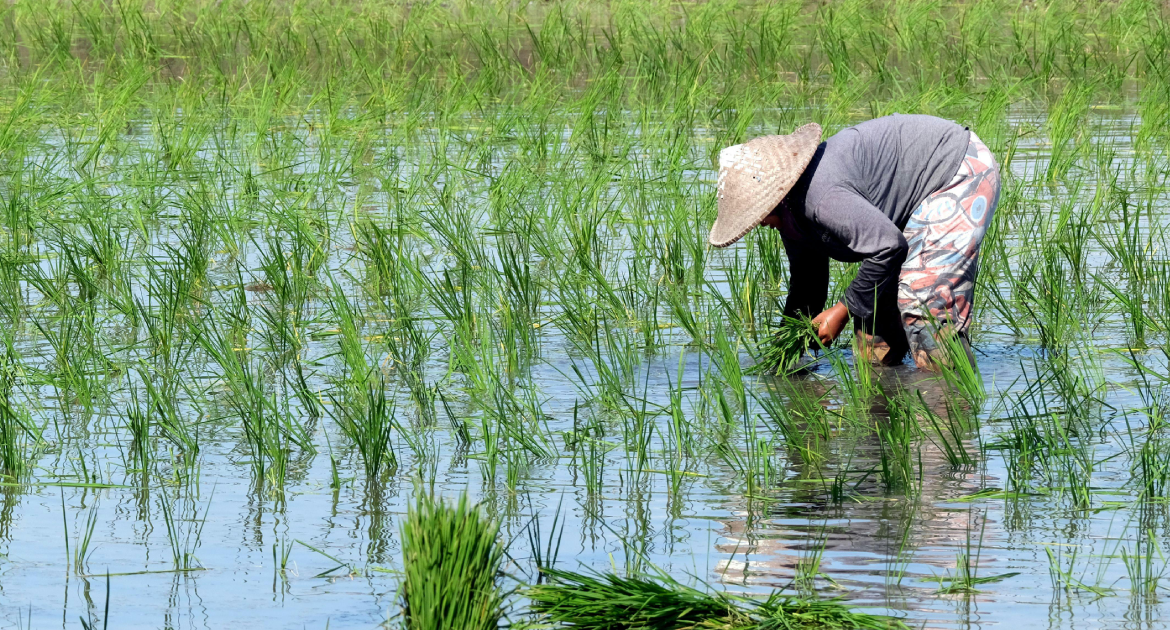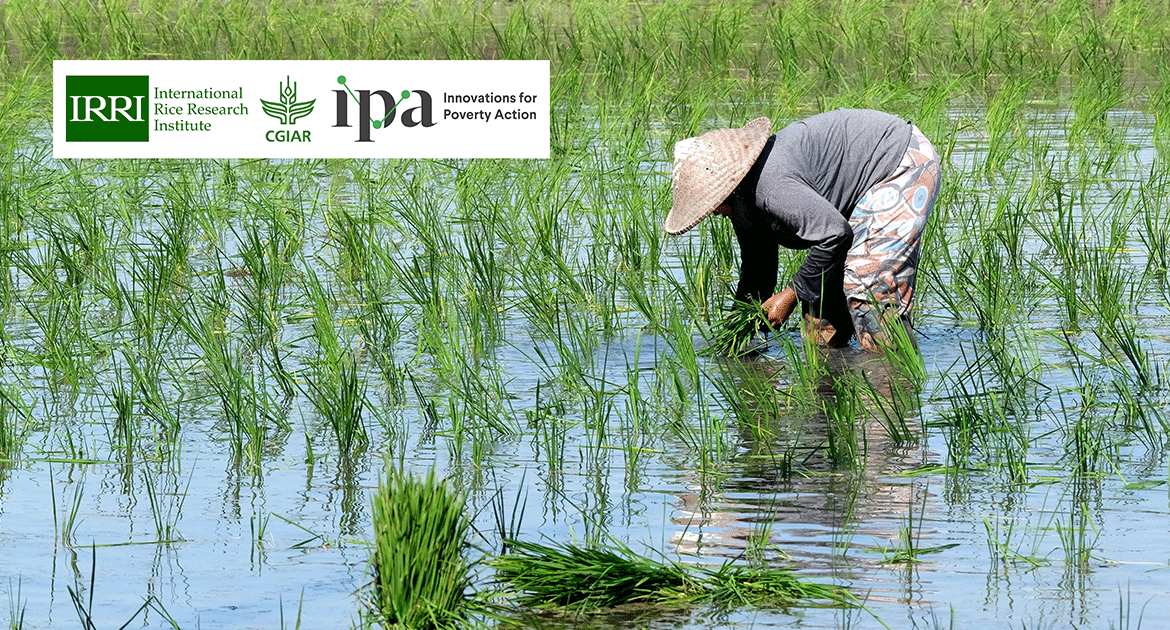Introduction
The International Rice Research Institute (IRRI) is at the forefront of abolishing poverty and hunger among individuals and communities that depend on rice-based agriculture food systems. Meanwhile, Innovations for Poverty Action (IPA) has been making strides reducing poverty through evidence, engagement, and empowerment. IRRI and IPA, both committed to alleviating poverty, will collaborate on a capacity-building and knowledge-sharing event to explore the relationship between poverty alleviation and agricultural development. This partnership aims to enhance the monitoring, evaluation, and learning capabilities of both organizations.
Course Objectives
By the end of the training program, the participants should be able to:
- Emphasize the importance of Monitoring and Evaluation (M&E) in evidence-based policymaking and programming;
- Explore the relationship between agricultural development, poverty alleviation, and evidence-based interventions;
- Apply practical skills and tools for conducting effective M&E in agricultural projects;
- Facilitate knowledge sharing and collaboration among organizations working towards sustainable agricultural development.
Key Modules
Module 1: Why Monitor and Evaluate?
Module 2: Understanding the causal pathway between agricultural development and poverty alleviation: Revisiting the theory of change
Module 3: Identifying Assumptions and Learning Questions
Module 4: Developing Strong Indicators
Module 5: Developing Monitoring Tools for Program Monitoring and Evaluation
Module 6: Introduction to Program Evaluation
Module 7: Case studies: Application of monitoring tools for evaluation
Culminating Session: Presentation of workshop outputs
Target Audience
The target participants for the workshop are M&E officers from IRRI, as well as project development officers, project evaluation officers, and planning officers from government institutions. They are expected to have at least a basic to intermediate understanding of M&E principles and concepts. This training course can accommodate 35-40 participants.
Course Requirements
Participants will be asked to prepare a theory of change or logical framework for an agricultural development program or intervention they are currently working on or planning to implement.
Learning Modality
The course will be delivered face-to-face, with a mixed modality of synchronous and asynchronous discussions that incorporate theoretical concepts, practical activities and hands-on exercises.








